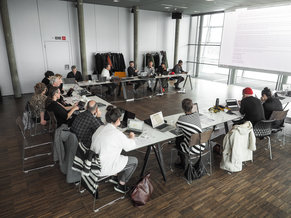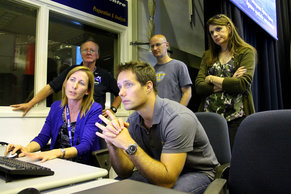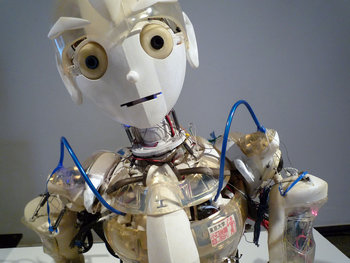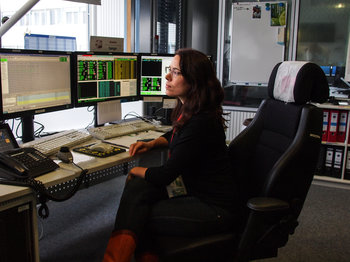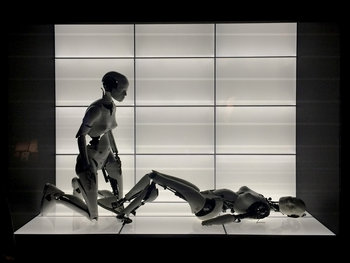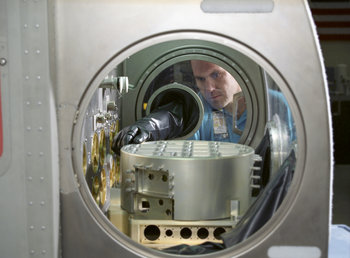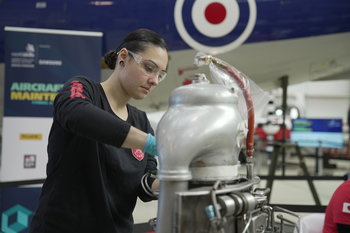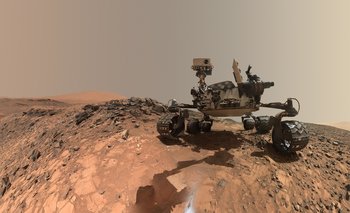
Productivity
Tools that allow people to produce more in an hour of work. For example, accounting software that freed accounting departments from cumbersome paper-based processes.Efficiency
Technologies such as automation that allows firms to produce more with a unit of input.Health
Medicine, medical devices and other technologies that treat or prevent disease.Knowledge
Tools that help people to create, manage and share knowledge such as the internet.Entertainment
Technology such as games that transform leisure time.Society
Technology that directly or indirectly changes societies such as social media.Politics
Changes to the way that people track current events and form political opinions using information tools.Culture
Culture is a stabilizing force that doesn't change easily. Nevertheless, technology changes culture over time. For example, 20th century American culture was greatly influenced by technologies such as the automobile and television.Economics
Technology creates economic shifts. For example, automation may cause short or long term disruptions to labor markets.Industries
Technology creates new business models and disrupts old ones.Environment
Technology may create waste that harms ecosystems, the climate system and quality of life. In theory, technologies such as renewable energy can also reduce some of this impact.Transportation
Transportation tends to become faster and safer with time.Quality of Life
Technological advancement is associated with a higher quality of life in areas such as working conditions, safety and health. Not all technological change improves quality of life as demonstrated by issues caused by technology such as poor air quality.| Overview: Technological Change | ||
Type | ||
Definition | The process of invention, commercialization and improvement of technology. | |
Related Concepts | ||



